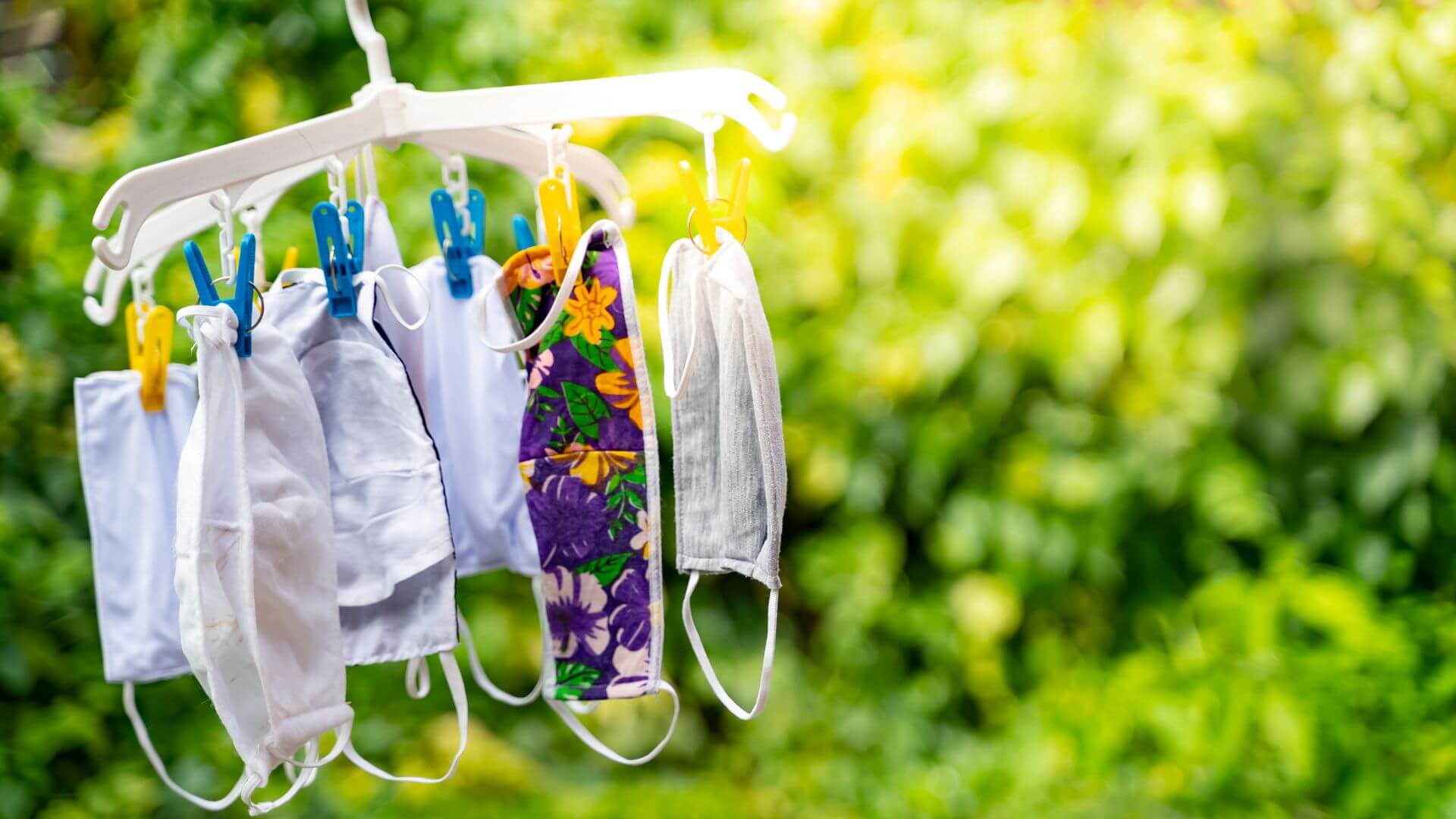We all want close relationships so that there is spiritual understanding and a special space next to our beloved. In such a union, one breathes easily, there is a lot of joy and self-expression. But, unfortunately, very often we do not know how to build intimacy but replace it with codependency.
In such relationships there is no inner satisfaction, there is always irritability, resentment, and guilt, eternal claims to the partner, and the desire to redo him because of the feeling that something is wrong with him – “too thin, not earning enough, smoking excessively, etc. “. And it turns out that there seems to be a cherished “at home they are waiting for me, someone needs me”, but this does not bring happiness.
Let’s figure out what is the difference between a truly close relationship and a codependent one.
How to identify a codependent relationship
At the beginning of falling in love, it seems that you have known him for a hundred years, you understand what he is silent about, you feel his mood and desires, in general, as in the song “you are me, I am you and we don’t need anyone.” From the fact that you are so closely intertwined and it seems that this is the very long-awaited intimacy. But no. In fact, in such an alliance, the partners are so merged that they do not see each other as a real person but look through the prism of their images and projections, that is, they “twist their movie in their heads” and wishful thinking.
For clarity, imagine that you come close to a person and hug him. There is a sweet feeling “we are together as one”, but can you consider a partner at this moment? No. In order to see the counterpart, you need to let go of the tenacious grip of the hug and take a step back, this distance between you is called proximity. Often tension arises here, as everyone feels looking at and comprehending what they see.
If you have the courage not to run away and not rush into arms from anxiety but to remain in this emotionally charged place, to be aware of your feelings, thoughts, desires, to notice the person opposite with his otherness, to live the shame of your discovered imperfection, then a quivering feeling will come as a reward. intimacy and sincerity. When you don’t have to adapt to anyone and, while remaining yourself, enjoy the presence of another. There is no need for a “half” because you feel quite integral, able to independently solve pressing issues. And a man is needed because it is more interesting with him, by his presence he awakens your resources, and not because he will provide, protect, console or fulfill other expectations. The one who is looking for a functioning partner knows only childish love and simply wants a symbolic parent for himself.
If a woman believes that she needs a lover as the meaning of life, that “being left without him is like death,” then the relationship is doomed to decay. In this case, everyone feels like a prisoner, at first “sweet”, and after a couple of years in excruciatingly bitter and “with executions”.
Imagine being told, “You are important to me!” What do you feel? And if you hear like this: “I really need you. I’m lost without you!” What words cause tension, and what joy? In the first case, there is freedom, and in the second it is not. Of course, it can be flattering that the other is dependent on you and will not go anywhere, but this does not bring happiness. Paradoxically, if lovers do not have the opportunity to get out of contact, then there is no opportunity to fully be present in it.
In a happy relationship they say: “I don’t need you, but you are important!” This means that we do not need each other, like a lame man on crutches, and we can quite manage on our own, all that binds us is only mutual interest.
What are codependent relationships?
Codependent marriages are very strong, in them, the very thought of divorce is terrible for a person. Partners hold on to each other, terribly afraid of loneliness. They are more likely to endure humiliation, compete in the art of manipulating each other, pleasing and hating at the same time, but continue to remain in a toxic relationship.
Destroying herself and loved ones, a codependent woman proudly declares that she “protects marriage.” To the question: “For what?” sincerely surprised, answering “so right.”
Traditional culture maintains the codependency trap, guiding you to the altar and making you swear for life “to be together and in sorrow and joy until the end of your days.”
But what if one day you come home, look at him, and understand that you don’t want and can’t be with this man anymore, but you swore and now you “should”. Guilt, shame, anxiety turning into fatigue, and depression begin to torment and take away a lot of life energy. There are only two ways out – to betray a partner in a promise or to betray yourself, pushing your feelings and desires away.
It would be nice to honestly admit right away that it is impossible to give a guarantee for the future. Vows of eternal love are not conducive to the development of a healthy relationship.
As you can see, the foundation of codependency is not love, but the fear of losing a person, being left alone and not surviving.
In closeness, everything is radically different, where relationships are based on freedom of choice, where you and your partner agreed to be together today, and tomorrow again make a decision on this issue. So every day you make a choice – to continue to love this man or not. Yes, there is more risk here, but there is also more vital energy in a pair.
Co-dependency relationships are built on an unspoken agreement that the partner should understand what I want. So both silently wait for the other to read thoughts and, like a magician, satisfy all needs. In this “guess” game, there are sanctions – “I was offended”, and the second should accordingly feel a complimentary feeling – guilt.
In close relationships, there is no manipulation, but there is a direct dialogue with an open statement of one’s desires and a willingness to meet with rejection. That is, if you want something, ask directly, which increases the chances of realizing what you want, as opposed to the practice of “mute reproach in the eyes.”
And of course, you can ask, but not demand. It may be painful and unpleasant, but give him the right to say no.
Psychologist’s opinion about emotional dependence
It happens that a person is too attached to another. Literally can’t live without it. Someone thinks that this is a strong love or a strong friendship. But if you dig deeper, you may find that you are emotionally addicted. How to recognize it, and how it can be dangerous – said the reality psychologist “From the boy to the lady” (New Channel) Natalia Borisova. By the way, each of the participants suffers from addictions, including emotional ones.
Souls are not tea
If you catch yourself on the fact that you can literally neither eat nor sleep without another person, this is an alarming bell. It makes you feel worse when that person is not with you. Instead of going about your business, you experience universal sadness and sadness.
Not love
Many people confuse emotional dependence with love, sincerity, friendship, and so on. The point is that this is not entirely true. The nature of this behavior originates in early childhood and later develops into a traumatic relationship.
Signs of emotional dependence:
- low self-esteem, you are not confident in yourself, in your words and actions;
- ready for self-sacrifice;
- relegate your own desires and goals to the background;
- long for someone else’s assessment and pity;
- idolize your partner, neglecting your own interests.
The worst thing about this situation is that such dependence is destructive. It simply destroys you as a person and gives rise to a lot of fears, complexes, and negative feelings.
How to help?
Getting out of this state on your own can be difficult. Only long-term psychological therapy can help change the destructive pattern of behavior and lead to a healthy perception of yourself and your relationships. However, until you yourself realize that you are addicted, no specialist can help you.
Love yourself and create relationships that are comfortable, safe, nourishing, and enjoyable. And this is possible only when both partners voluntarily develop and invest in contact.







Comments are closed.